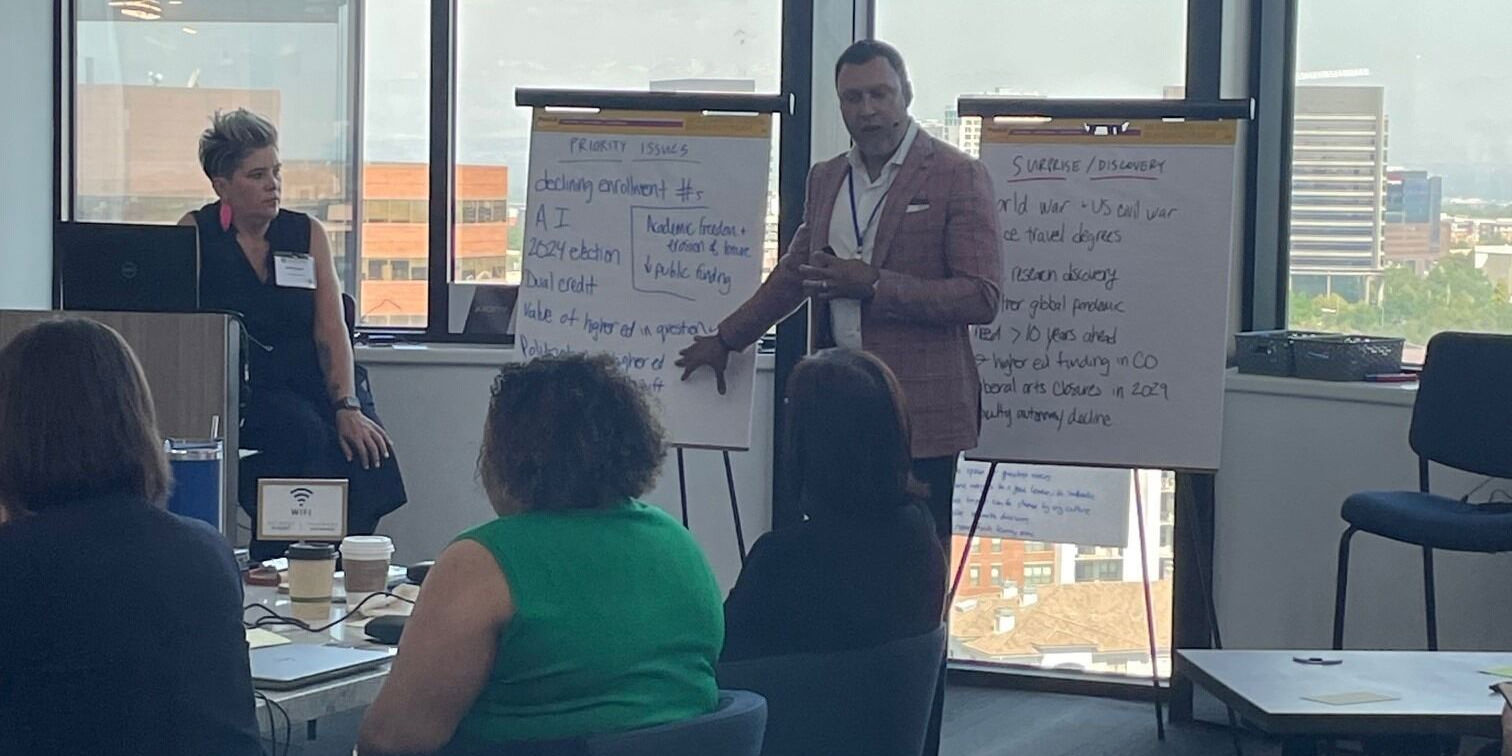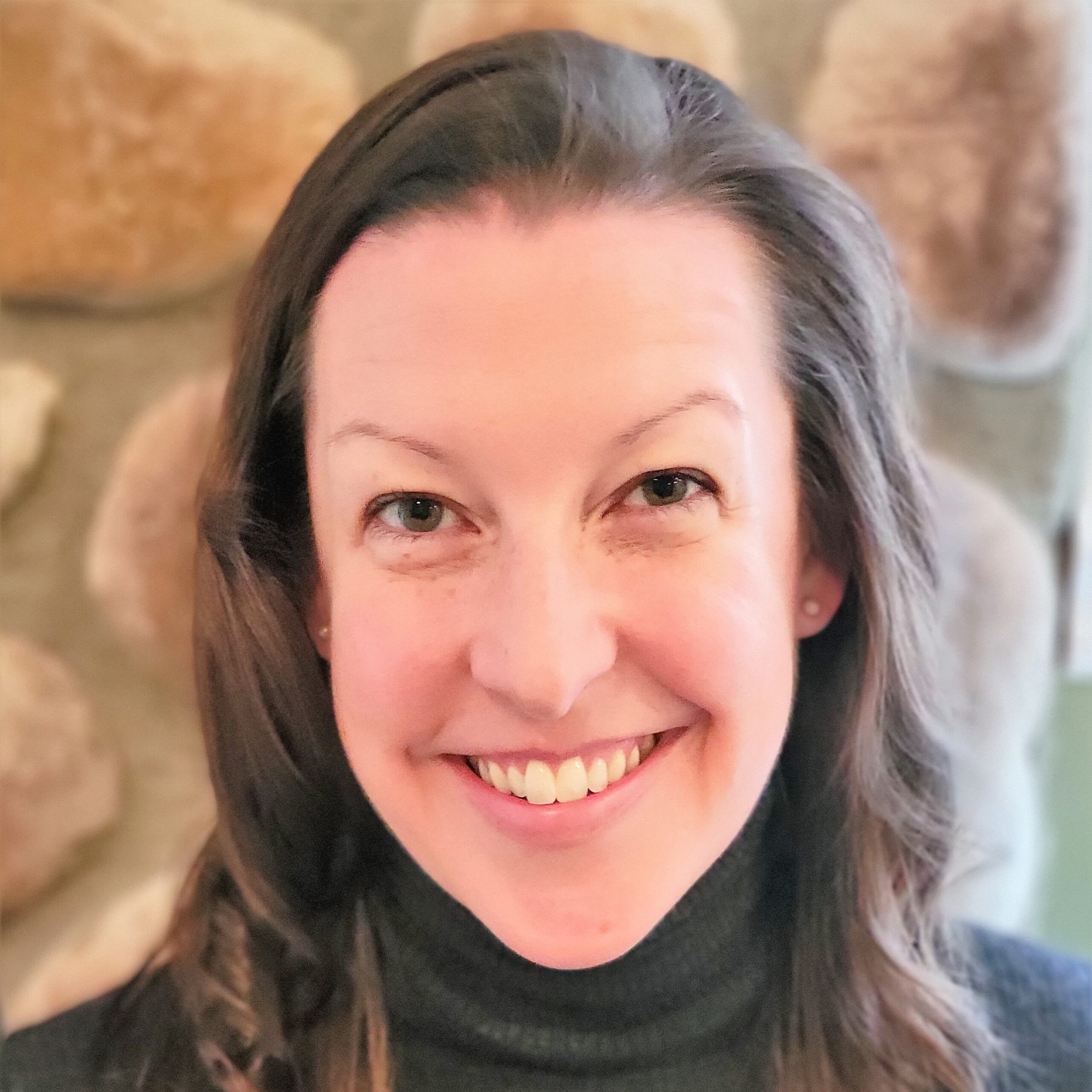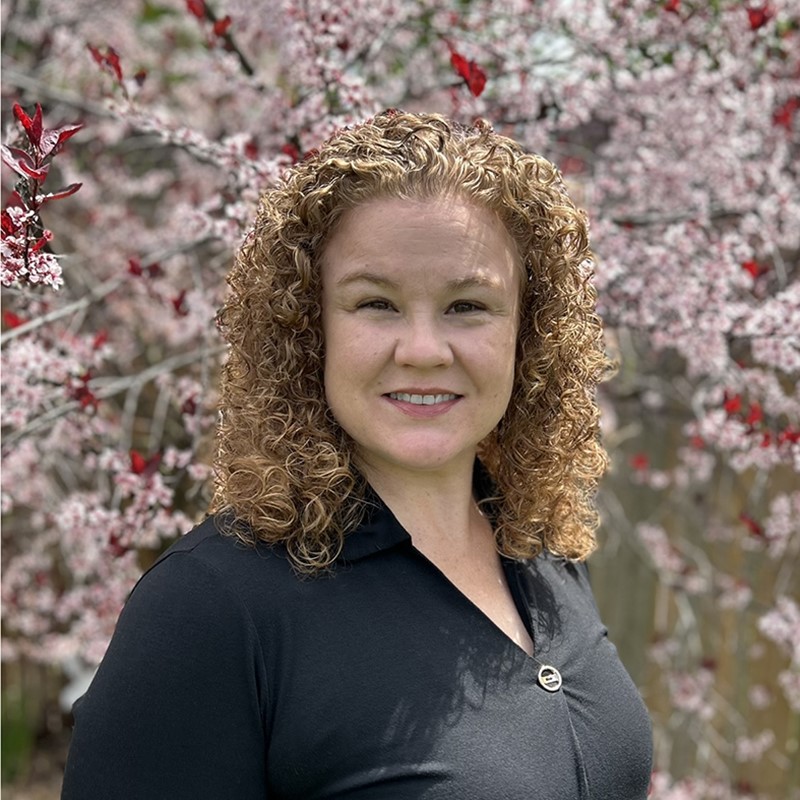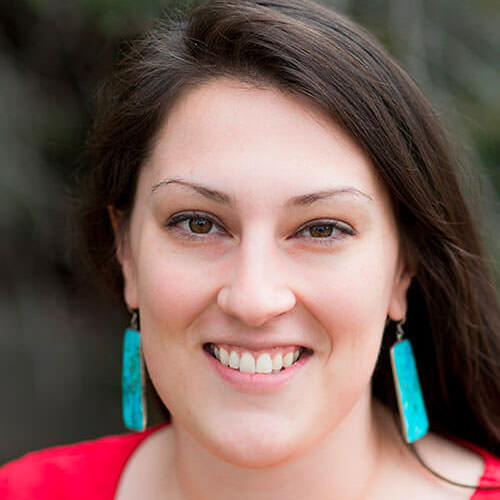Developing Presidential Voice: Strategies and Best Practices
Check back soon for dates.Your president is your institution’s most powerful communicator — join us and ensure that this voice is both consistent and authentic.
Overview
As the chief spokesperson and representative for an institution, the president is the most powerful communicator and advocate for a college or university. Presidents must maintain an appropriate and consistent voice in communications with all constituents—a voice that is both authentic and representative of the institutional brand. But with so many channels, audiences, and ever-changing external circumstances to weigh, developing and maintaining that presidential voice is extremely difficult.
This hands-on program has been designed for institutional teams who are looking to partner with their president to develop and refine presidential voice. You will review a variety of practical examples of how other institutions have done this successfully, work with a team of expert instructors to identify opportunities to strengthen presidential voice at your individual institution and leave with a toolkit of strategies, templates, and resources for use in developing and refining how you approach presidential voice and communications at your institution.

Session Descriptions
More details about the timing of the days can be found by clicking Learn More and Register, but session descriptions of the two days are below:
Phase 1: Developing an Intentional Volunteer Management Plan
In this foundational session, we’ll talk about the key ingredients for an intentional volunteer management framework, including the phases of the volunteer engagement cycle, to help you better plan your efforts. We’ll discuss how to work with partners to develop a vision for volunteer engagement that aligns with both the institution’s mission and your volunteers’ passions.
Phase 2: Considerations for Recruiting Volunteers
Building on our first session, we’ll discuss the second phase of the volunteer engagement cycle: recruitment. We’ll explore ways to incorporate your needs in a well-thought-out volunteer recruitment strategy. Additionally, we’ll focus on effective strategies to recruit and vet alumni volunteers for boards, regional chapters, and one-off volunteer opportunities, as well as ways to inspire your volunteers’ commitment over their lifetimes.
Phase 3: Considerations for Onboarding and Training Volunteers
After you’ve successfully enlisted recruits, it’s critical to explore onboarding and ongoing training needs for your various volunteers to ensure that they have an overall positive and meaningful experience. Some of the decisions we’ll explore include how to:
- Prepare volunteers to understand their role and value.
- Equip them with tools and other resources to fulfill their responsibilities.
- Align their role with your institution or unit’s strategic plan.
- Sustain their connection with your institution over a lifetime.
Small Group Discussions: Applying New Content in Your Context
After we’ve reviewed the first three phases of the volunteer engagement cycle, you’ll apply newfound knowledge in your own institution or shop’s context with at least one of our facilitators. You’ll be in groups with others based on the size or type of your volunteer program, and this intentional time is designed to help you network with colleagues and get answers to your questions on recruitment, onboarding, and/or training of volunteers.
Phase 4: Creating a More Inclusive Volunteer Experience and Managing Group Dynamics
In taking the time to understand your volunteers’ motivations and interests , you’ll be better equipped to create a more inclusive volunteer experience. In this session, we’ll cover baseline communication strategies to work across differences, including generational differences, and discuss how to effectively respond when individual interests and group dynamics get in the way of fulfilling your organization’s needs. You’ll practice how to have difficult conversations with volunteers to set you up for success.
Solutions Clinic: Managing Difficult Volunteer Scenarios
There is no single approach or magic bullet for managing a difficult volunteer situation that you or your peers may be experiencing. Often, there are situational nuances with each scenario that force you to be flexible and thoughtful in the moment. Because of this, there is tremendous value in tapping into the collective knowledge of those in the room by learning how others might approach a difficult situation involving a volunteer. Those with experience can share their best recommendations, while those who are newer to the role can share a fresh perspective. This solutions clinic will help us collectively develop strategies for resolving specific challenges you’re facing involving volunteers.
Phase 4: Telling the Story of Volunteer Impact through Data Collection
Knowing what data points to gather from your volunteer engagement programs is a critical step in ensuring that you can convey the value of volunteers and the impact they’ll have on your institution’s philanthropic and strategic goals. In this session, we’ll focus on practical tools to collect and analyze the data and share advice on how to structure your data collection strategy.
Phase 5: Evaluating Your Volunteer Program
Assessing your organizational program and its volunteer involvement practices is critical to ongoing success and change management. In this session, we’ll review suggested steps, tools, and resources to increase the positive impact of your volunteer program on your organization’s mission and volunteers.
Phase 6: Appreciating and Recognizing Volunteers
Volunteers deserve recognition for the time, talent, and/or treasure that they share with your organization, so taking the time to meaningfully call out their contributions is necessary. We’ll invite attendees and facilitators to share some of their most creative ways to show appreciation for the work of their volunteers, even on a tight budget.
Who Should Attend
This program has been specifically designed for institutional teams (including: marketing, communications, and/or public affairs professionals, Chiefs of Staff, and Presidents) who are looking to partner with their leadership to develop and refine presidential voice.
Bring a team! Register 3 or more people and save more than $1,000! Discounts will be automatically applied at checkout.
Speakers

Megan Stevens
Assistant Vice President for Annual Giving and Alumni Engagement, Stevens Institute of Technology
Learn More about Megan Stevens
Matt Carcella
Senior Director, Diversity Alumni Programs and U.S. Regional Alumni Engagement, Cornell University
Learn More about Matt Carcella
Sarah Indewey, MPA, CVRM, CVA
Psychology Department Manager, Queen’s University
Learn More about Sarah Indewey, MPA, CVRM, CVAWhat makes our events different?
Academic Impressions workshops provide the opportunity for quality conversations and relationship-building through both formal and informal networking opportunities in an intimate setting. Our in-depth and hands-on approach to learning provides you with actionable takeaways.
Learn More About the Academic Impressions Workshop Experience ➞
Location
Virginia Commonwealth University campus
907 Floyd Ave, Richmond, VA

Grow Leadership. Maximize Your Budget.
Empower your team with professional development that pays off. Our Workshop Group Packs help you build leadership capacity while saving money. Discounts are automatically applied at checkout.
What Our Attendees Are Saying
Questions About the Event?

Sarah Seigle Peatman
Director of Partner Development, Academic Impressions
Learn More about Sarah Seigle Peatman
